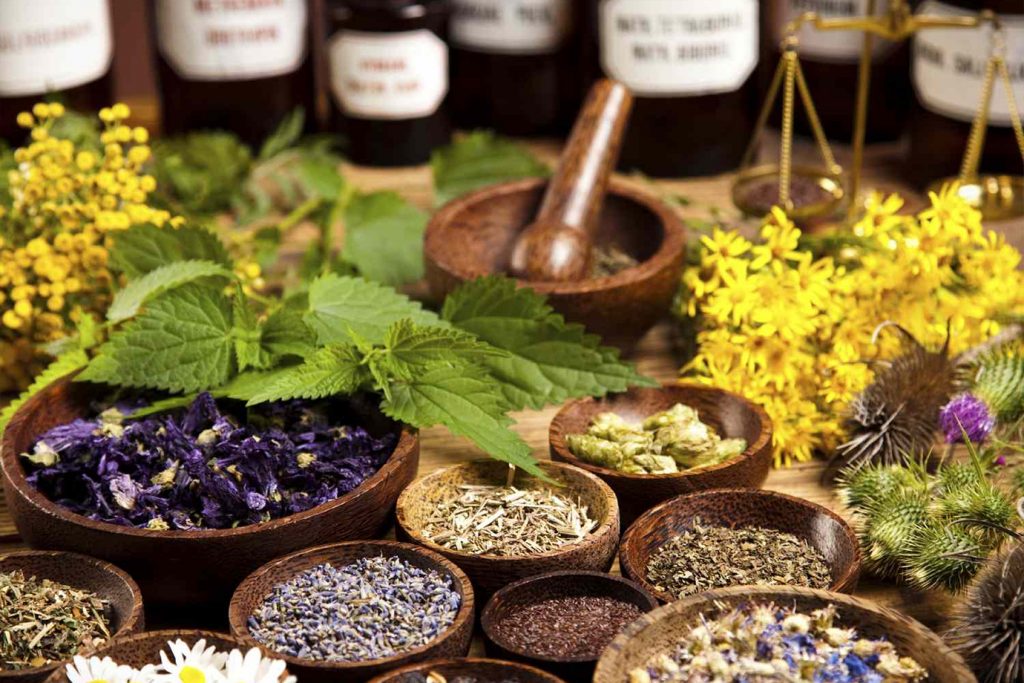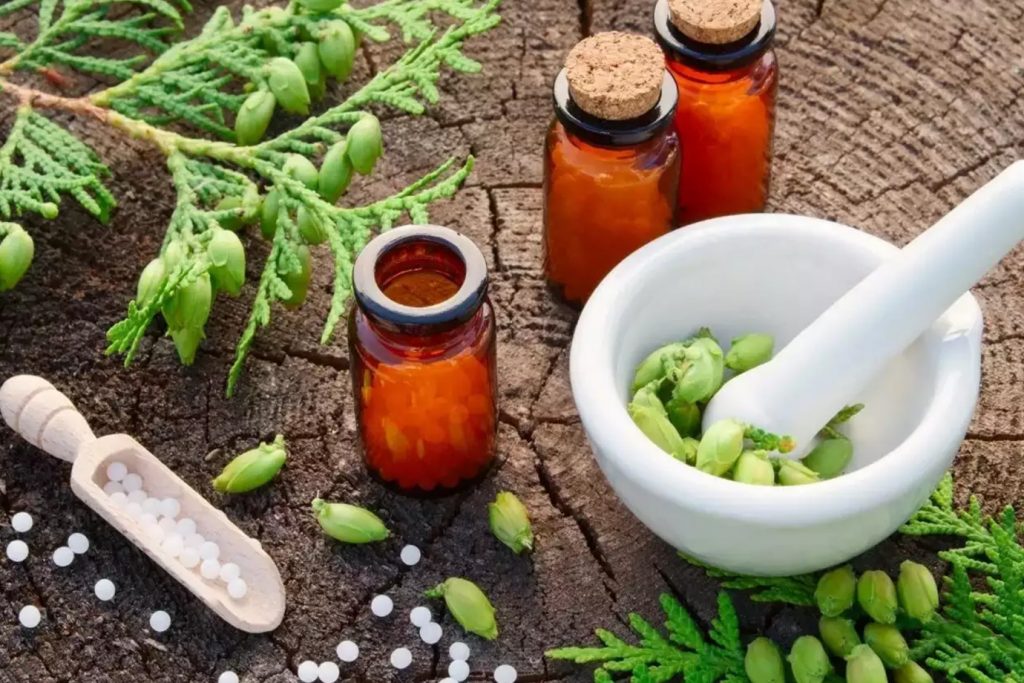Tiny Lungs, Big Challenges: Asthma in Children
What exactly is psoriasis?
It is a skin condition in which thick silvery patches form. Scaling and falling layers are also encountered. It occurs when the immune system stimulates particular areas of the skin to create new cells faster than normal. Experts believe that most affected individuals inherit psoriasis symptoms from their parents. If someone in the family has it, children are also likely to show its symptoms, which affect the immune system and make them prone to psoriasis. Psoriasis-related inflammation affects other tissues and organs of the body. Patients can potentially have other medical disorders if the condition is not treated properly. One such is psoriatic arthritis, which can occur in patients with this condition. There are many types of psoriasis, which are also treated differently depending on the patient’s condition. Apart from this, environmental factors are also the cause of its worsening. You are advised to start proper treatment as soon as you notice its early signs of psoriasis. Otherwise, this disease has a very bad effect on the life and self-esteem of the patient. Due to this, the life of the patient becomes very difficult.
Effect of Psoriasis on Self-Esteem
Most people with this condition struggle with poor self-esteem and low self-confidence. These include feelings of guilt, shame, embarrassment, anxiety and depressed helplessness. Surveys have shown that psoriasis has a significant negative impact on the self-esteem of people with psoriasis. It breaks you emotionally. The patient often feels that he is not as normal as others. If the patient is a child, he is unable to study, and if he is an adult, he is unable to work. The itching and bleeding caused by this disease is very painful. The patient has to face many other problems every day; therefore, ignoring the symptoms can aggravate the disease.
Life with psoriasis
It can affect other aspects of your life besides your physical health, just as other chronic diseases do. Your relationships, emotional stability, and stress management can all be affected by psoriasis. It can also have an unpredictable effect on aspects of your life, making it difficult for people to live with this condition. However, there are strategies to deal with those difficulties and manage your skin problems even when you are suffering from them. First of all, it is important to know how this condition worsens. After this, the patient’s trouble increases further.
What causes psoriasis to flare up?
Every psoriasis patient has different psoriasis triggers. By identifying your triggers and learning to maintain them, you can gain better control of your condition and prevent further flare-ups of symptoms of skin psoriasis.
- Processed foods:
It refers to foods that have been added with high amounts of oil and spices. Processed foods can contribute to a variety of health conditions other than psoriasis, including type 2 diabetes, obesity, and heart disease.
- Alcohol:
Drinking alcohol can make your condition worse. Studies have shown that women who drink alcohol more than 2-3 times a week are more likely to develop psoriasis. Drinking “non-light beer” also increases the risk in women.
- Caffeine:
It is suggested that coffee’s effect on psoriasis depends on the amount of coffee a person drinks. Regular coffee—up to 3 cups a day—has been found to relieve psoriasis symptoms and have anti-inflammatory effects in some people. However, drinking large amounts of coffee, or more than 4 cups daily, may worsen symptoms in some people.
- Stress:
Stress is a common trigger for this condition. It stimulates the immune system and worsens the condition, as well as the itching. However, some people with this problem and psoriatic arthritis can reduce stress in their lives to prevent the condition from getting worse. To control your stress, you can talk to your friends, dance, sing, and do other activities that reduce your stress.
Manage psoriasis with these tips
- Due to this condition, patients are not able to get enough sleep, which causes their bodies not to get rest. You have to complete your 8-10 hours of sleep. This will prevent your immune system from becoming too active, and you will be able to prevent the symptoms of your condition from worsening.
- You are advised to include yoga or meditation in your daily routine. Keeping your mind focused and active will keep you relaxed, reduce your stress and is very beneficial for your condition.
- Take care of your diet and eat foods rich in antioxidants and anti-inflammatory elements. This can reduce the inflammation caused by psoriasis.
- Remove excess sugar, salt or junk food from your diet so that it does not increase your problem.
- For the white flakes caused by psoriasis, you can use coconut oil or any herbal moisturizer before sleeping at night. This will not only reduce the falling of flakes but will also provide relief from itching and bleeding. And the risk of psoriasis getting worse will be reduced.
How homeopathy cures your psoriasis condition
Homeopathy is the best cure for your skin condition, and homeopathy is the only medicine that is considered best for psoriasis because it does not have any side effects. This medicine is prepared from natural herbs, which is 100% safe. Even if your disease continues to be treated with homeopathic treatment for psoriasis for a long time, the condition will not aggravate, and you will not have to worry. Kaushik Homeopathy Hospital prepares customised medicines while keeping in mind the symptoms of each patient, which are different for every patient. Your treatment is started by keeping your previous medical history in mind. homeopathic medicine for psoriasis is easy to eat, and its results are very good. After eating, the patient soon sees improvement according to his condition.


